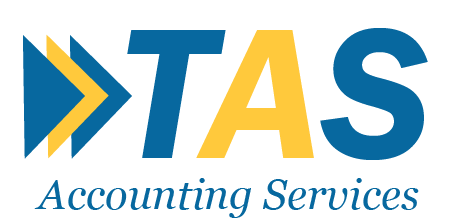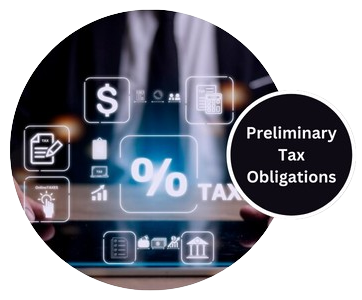Local Youth Foundation
The Local Youth Foundation, dedicated to empowering at-risk youth through education and mentorship, successfully applied for charitable status in 2020. With a strong engagement strategy that involved community forums and partnerships with local schools, they demonstrated significant public support and participation in their programs. Their detailed financial statements and actionable objectives helped secure a Charitable Tax Exemption, allowing the foundation to increase funding and expand their outreach efforts.
Health and Wellness Initiative
The Health and Wellness Initiative, aiming to improve community health through free workshops and services, navigated the application process with a strong emphasis on their strategic vision and financial transparency. They hosted several open workshops to demonstrate community interest and involvement in their programming, which was crucial for gaining public support. By providing thorough documentation and clear actions to further their mission, they secured charitable status, enhancing both their credibility and funding potential for future initiatives.
Environmental Action Group
In 2021, the Environmental Action Group applied for charitable status with a focus on conservation and sustainability initiatives. By highlighting their successful past projects and robust governance structure, they captured the attention of regulatory bodies. Their impact measurement plan included community engagement surveys and project outcome analysis, which illustrated their effectiveness. The group not only secured their charitable status but also gained access to federal grants, enhancing their capability to execute larger projects.























